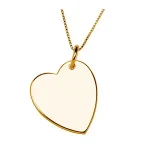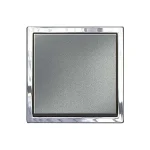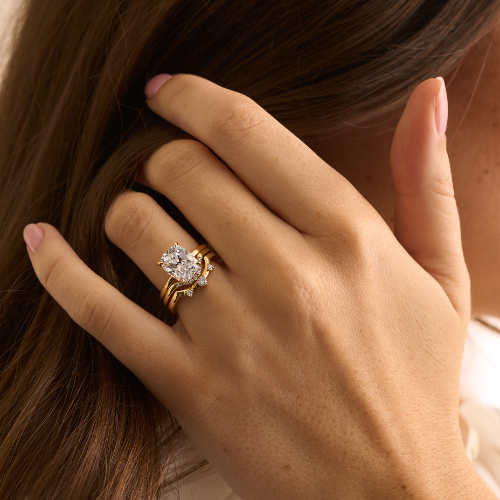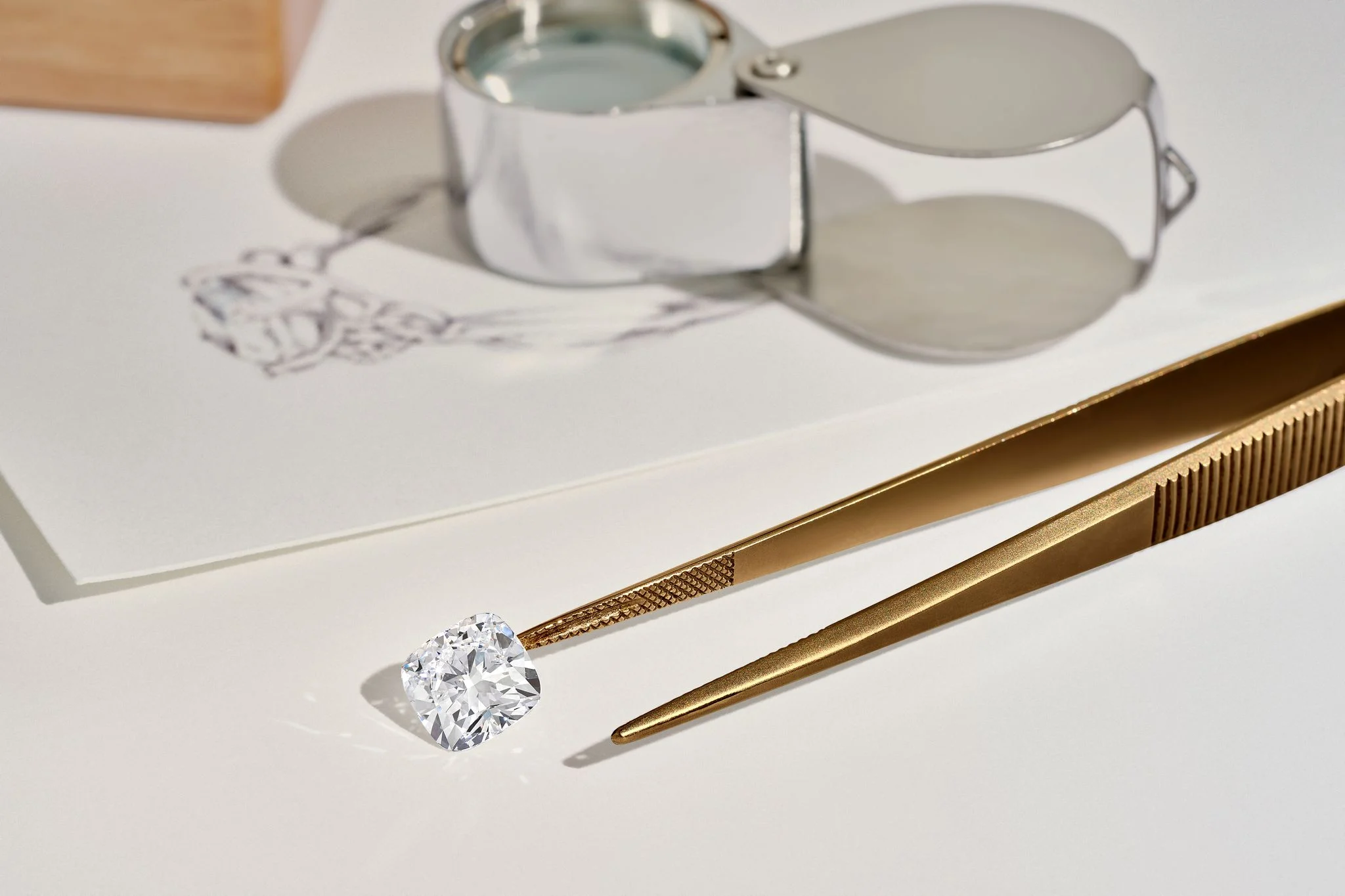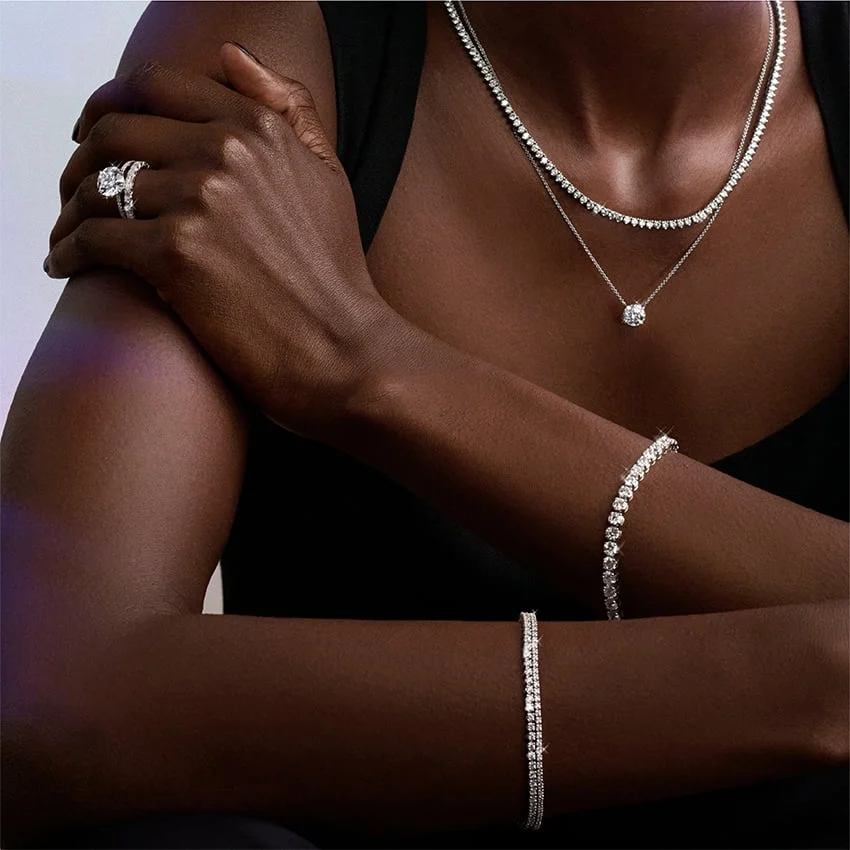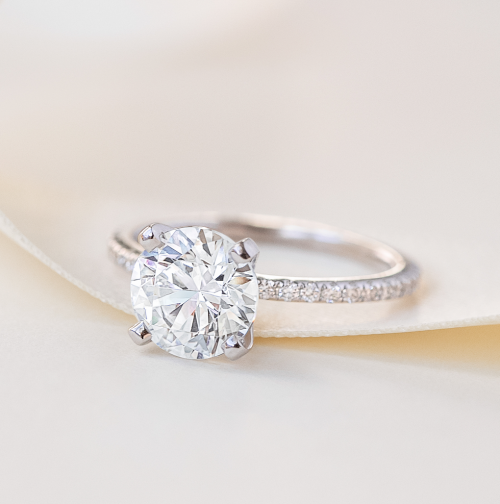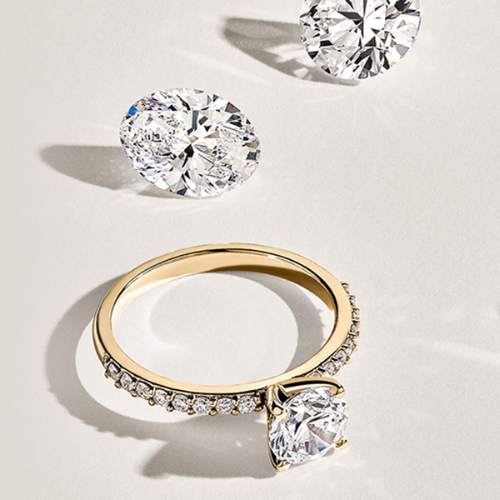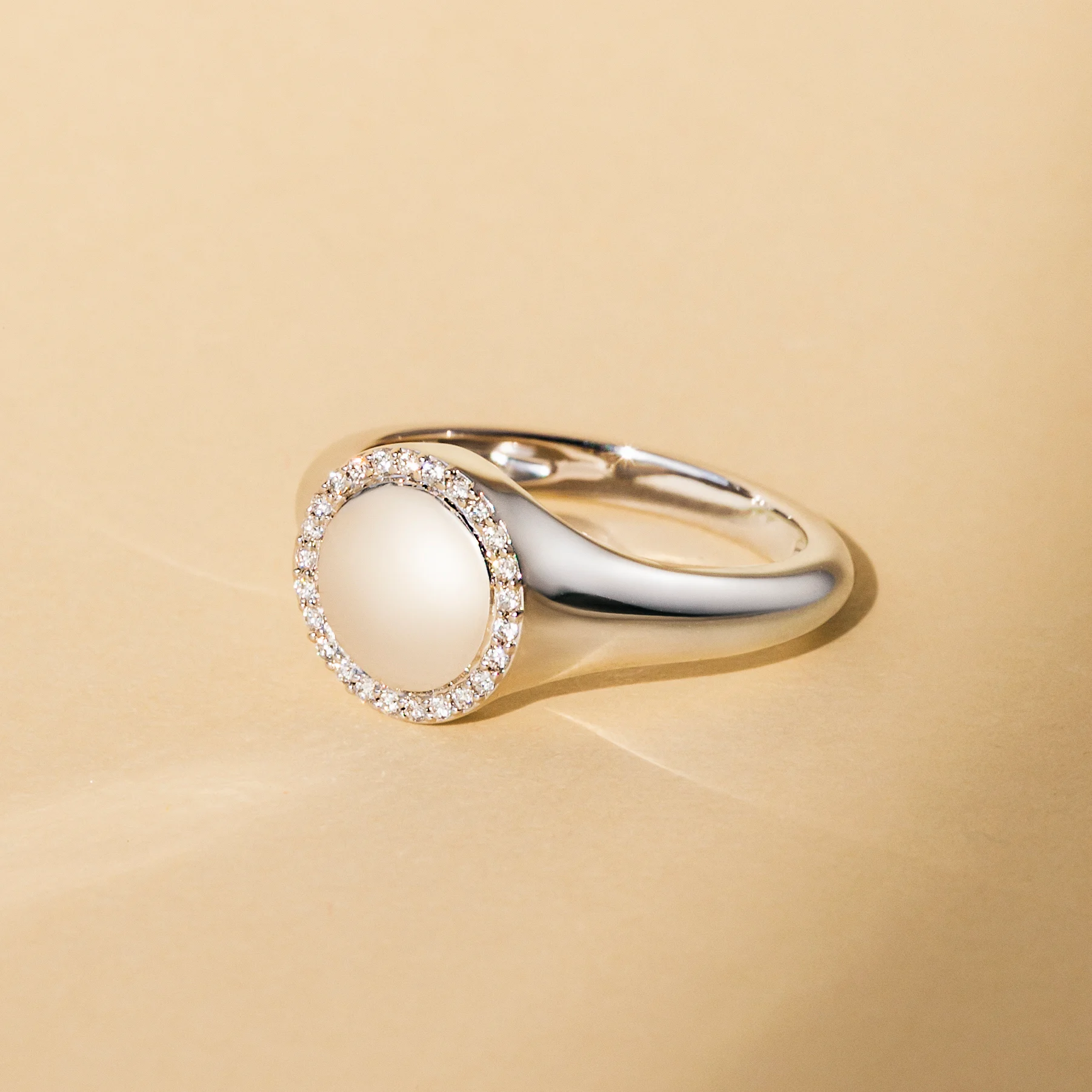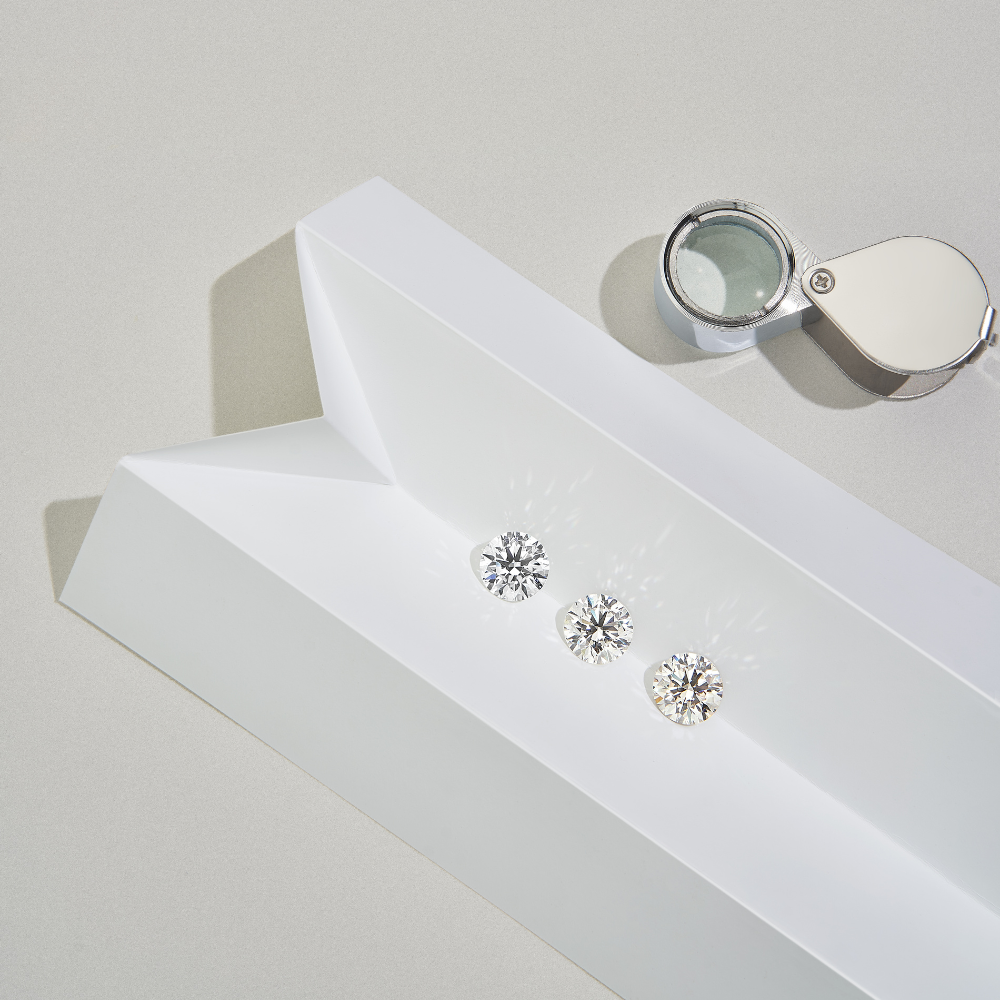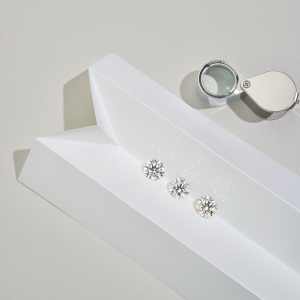
What is a Simulated Diamond? Diamond Simulants vs. Lab-Grown Diamonds
When it comes to choosing a diamond or diamond alternative, the options can be dazzling and, at times, overwhelming. Two popular alternatives to natural diamonds are simulated diamonds and lab-grown diamonds. While they may seem similar at first glance, these two options are quite different in composition, properties, and appeal. Understanding their distinctions can help you make the best choice for your style, budget, and values.
What is a Simulated Diamond?
A simulated diamond, also known as a diamond simulant, is a gemstone designed to mimic the appearance of a natural diamond. These stones are typically made from materials such as cubic zirconia (CZ) or moissanite. While they resemble diamonds in sparkle and brilliance, they differ significantly in their chemical, physical, and optical properties.
Common Types of Simulated Diamonds
- Cubic Zirconia (CZ): A synthetic material that closely imitates the look of a diamond. It is affordable but less durable and can lose its brilliance over time.
- Moissanite: A gemstone that offers superior brilliance and fire compared to diamonds. Moissanite is more durable than CZ and maintains its sparkle for a lifetime.
- Glass or Crystal Simulants: These are often used in fashion jewelry but lack the durability and brilliance of higher-quality simulants.
Key Features of Simulated Diamonds
- Composition: Made from non-carbon materials like zirconium dioxide (CZ) or silicon carbide (moissanite).
- Appearance: High sparkle and clarity, often flawless.
- Affordability: Significantly less expensive than natural or lab-grown diamonds.
- Durability: Varies depending on the material, with moissanite being the most durable simulant.
What is a Lab-Grown Diamond?
Lab-grown diamonds, also known as synthetic or cultured diamonds, are created in a controlled laboratory environment using advanced technology that replicates the natural diamond-growing process. These diamonds are chemically, physically, and optically identical to natural diamonds because they are made of pure carbon.
How Lab-Grown Diamonds Are Made
- High Pressure-High Temperature (HPHT): Mimics the intense heat and pressure found deep within the Earth.
- Chemical Vapor Deposition (CVD): Involves layering carbon atoms onto a diamond seed in a vacuum chamber.
Key Features of Lab-Grown Diamonds
- Composition: Pure carbon, identical to natural diamonds.
- Appearance: As brilliant and beautiful as natural diamonds, with no visible differences to the naked eye.
- Ethical and Environmental Benefits: Produced without mining, reducing environmental impact and ethical concerns.
- Affordability: Typically 20-40% less expensive than natural diamonds.
Simulated Diamonds vs. Lab-Grown Diamonds: Key Differences
| Feature | Simulated Diamonds | Lab-Grown Diamonds |
|---|---|---|
| Composition | Non-carbon materials | Pure carbon |
| Durability | Varies, less durable | Extremely durable |
| Cost | Most affordable | More expensive than simulants, but less than natural diamonds |
| Appearance | Mimics diamonds | Identical to natural diamonds |
| Ethical Concerns | Minimal | Minimal |
| Longevity | May lose brilliance | Retains brilliance forever |
How to Choose Between Them
- Budget: Simulated diamonds are ideal for those seeking a dazzling look on a tight budget. Lab-grown diamonds are a more affordable alternative to natural diamonds while offering identical quality.
- Purpose: For everyday wear or heirloom pieces, lab-grown diamonds offer greater durability. Simulated diamonds are excellent for fashion jewelry or temporary use.
- Values: If you prioritize sustainability and ethics, lab-grown diamonds are a perfect choice.
Final Thoughts
Whether you choose a simulated diamond or a lab-grown diamond depends on your needs and priorities. Simulated diamonds offer affordability and beauty, making them a great choice for fashion-forward individuals. Lab-grown diamonds, with their unmatched authenticity and ethical appeal, are perfect for those seeking a forever stone. Understanding these differences ensures you’ll select the option that best suits your style, values, and budget.


